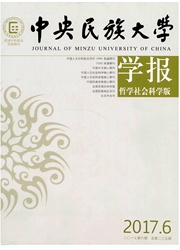

 中文摘要:
中文摘要:
进入到21世纪以来,侗族传统的稻作文化传承受到现代文明的巨大冲击。大规模使用化肥、农药等现代技术使土壤、水体的污染日益严重,面源污染问题逐渐显现。本文以侗族传统稻作模式为研究对象,探讨其在抗拒化肥、农药以及水体自净、防治农业面源污染等方面的生态价值,并结合这种稻作模式的现代流变分析其变迁对当地农业面源污染防治等方面的重要影响,指出侗族传统稻作模式在保障当地农业安全生产以及长江、珠江上游生态屏障上的重要意义。
 英文摘要:
英文摘要:
In the 21st century, under the impact of modern civilization, the inheritance of traditional rice culture of Dong people has been greatly influenced. Due to the use of modern technology such as fertilizers and pesticides, soil and water pollution is becoming increasingly serious with a gradual emergence of non-point source pollution. Taking Dong traditional rice farming model as a research subject, this paper discusses its ecological value in resisting fertilizers and pesticides, maintaining water self-purification and preventing agricultural non-point source pollution. Based on an analysis of the influence of the change of the traditional rice farming model in modern time on local agricultural non-point source pollution, it finally points out that Dong traditional rice farming model is of great significance in protecting the local agricultural safety production and the upstream ecological barrier of the Yangtze River and the Pearl River.
 同期刊论文项目
同期刊论文项目
 同项目期刊论文
同项目期刊论文
 期刊信息
期刊信息
